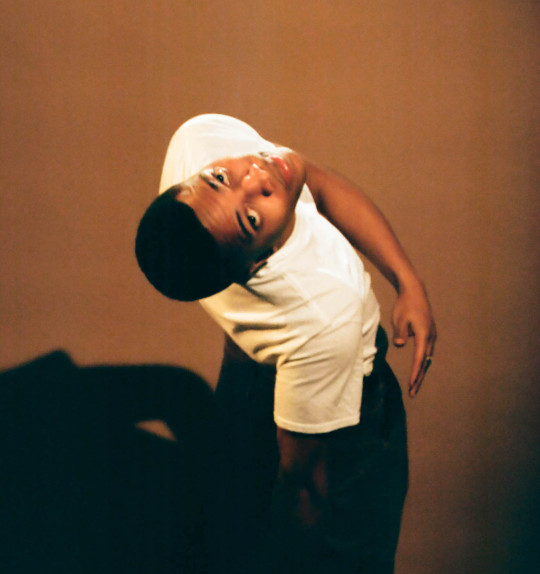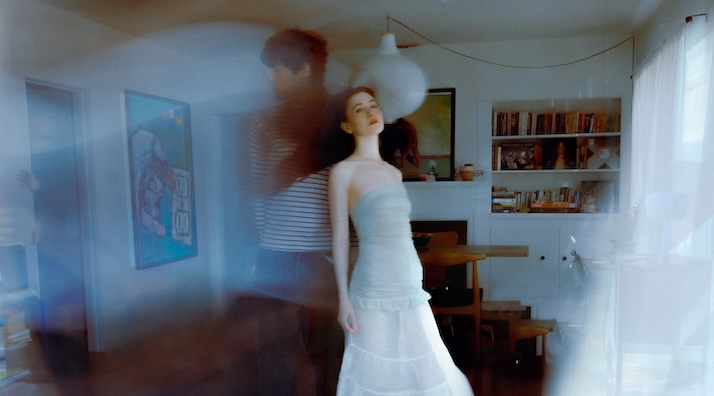snny's 'Otito' Is a Border-Spanning, Genre-Bending Snapshot of Life

Home is at the core of snny's genre-bending, border-spanning sophomore EP, Otito. It is not a home defined by a singular moment of place in time but one defined by the journey the 29-year-old artist has made thus far. This nebulous identity takes form as snny carves out the sounds and memories of Los Angeles, Brooklyn, and the Ivory Coast of West Africa over seven emotive tracks.
"Abidjan" and its floaty, rapped verse fittingly kick off the seven-track journey of introspection and identity. Sharing its name with the Ivory Coast city of snny's city of origin, the bubbling production sets the stage for an English and French-sung groove that is all too easy lose yourself in. While the sonics capture the brightness of the Ivory Coast, there is a noted vulnerability to be found in snny's poignant musings, as he sings, "If you don't dance away your pain, you'll never live again / If you don't cry and cry today, this weight may always win."
As soon as we begin to find our footing in the rapturous "Abidjan," we suddenly awake to "Somewhere in Brooklyn." An admitted "sad song that people could dance to," snny evokes the intoxicating melancholy of the city lights and countless street corners. And while the French vocals established in Otito's opener remain, there is a noted elevated elegance when they do come into focus, as if that aspect of snny himself is now wrapped up in the infamy of New York City.
Later in Otito, we are enveloped in "Better to Leave It," a Westside Los Angeles meditation. The song is practically dripping in Los Angeles sunshine, even as the city's enticing lull threatens to swallow snny whole. Written while he was dirt broke in the city of angels, "Better to Leave It" arrives as a portrait of the harsh reality hidden behind the idyllic Instagram feeds of trips to the beach and star-studded streets.
As Otito reaches its inevitable conclusion in the somber yet triumphant "The Kids Are Getting Old," snny leaves us with a sonically captivating snapshot of his life. It is a reflection that speaks to a universal sentiment, of trying to find your voice and place in a newfound home.
Listen to Otito below:

![Em Beihold Unfolds the Tales of a Failed Shapeshifter [Q&A]](https://s3-us-west-2.amazonaws.com/onestowatch-v2/general-_publicity3_000391780009-1-1772493768.jpg)

![Sacrificing Fame for Passion, Mergui Talks Us Through Starting Over and Being Better for It [Q&A]](https://s3-us-west-2.amazonaws.com/onestowatch-v2/mergui14-1772138363.jpg)